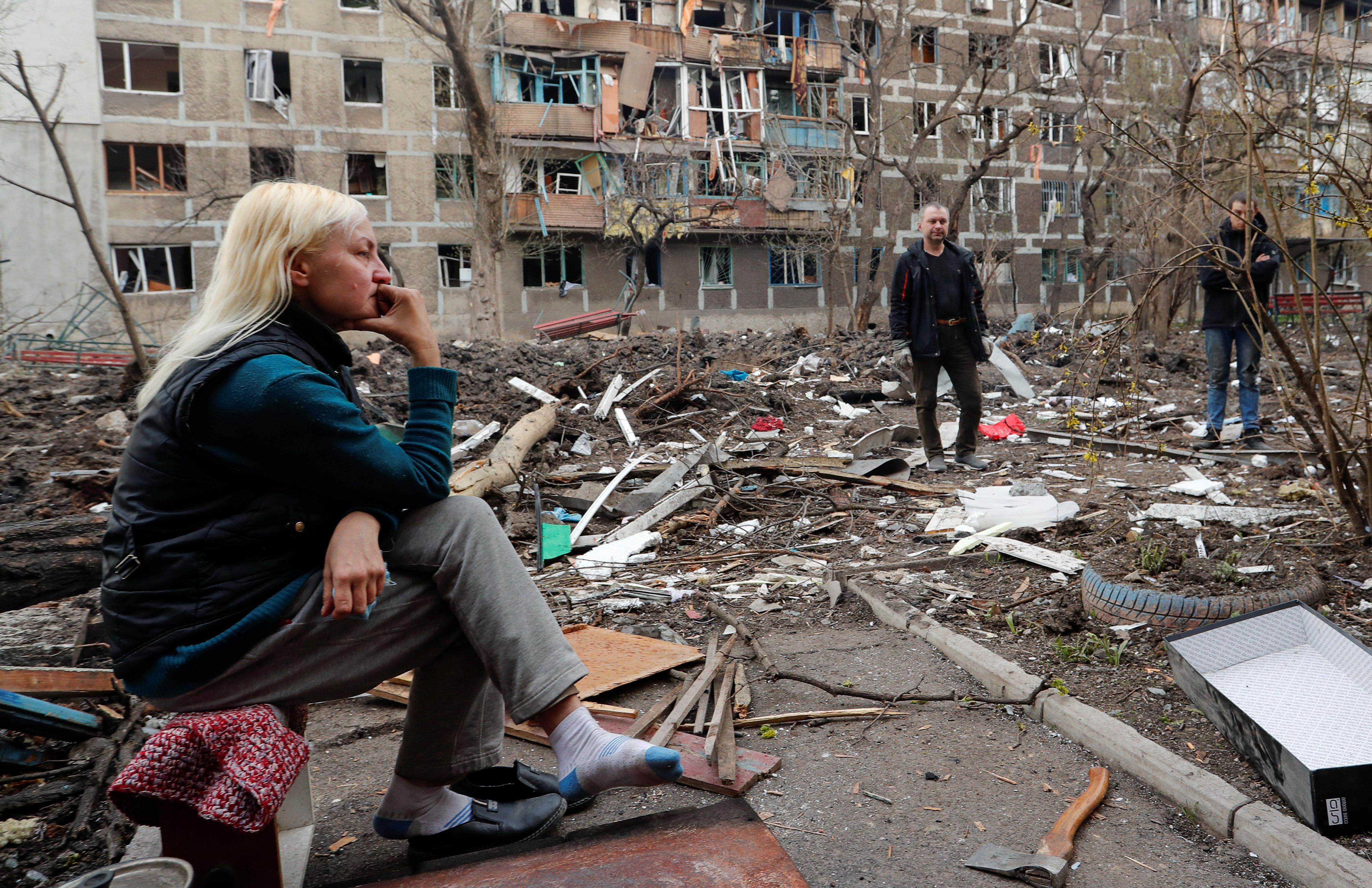What We're Watching: Battle of Donbas, Turkish attack on Kurds in Iraq, violence in Delhi
The Battle of Donbas begins
In eastern Ukraine, the Battle of Donbas, the much-anticipated storm of destruction expected in the war’s next phase, has begun, President Volodymyr Zelensky announced on Monday. Heavy fighting is reported in the Luhansk, Donetsk, and Kharkiv regions. In other parts of Ukraine, and beyond its borders, millions are watching to see what happens next. Will Russian soldiers make quick gains on the ground? The Kremlin is wondering why it’s taking so long to seize control of the port city of Mariupol and finally declare a big battlefield victory. Residents of Kyiv and Lviv are waiting to see whether deadly Russian artillery strikes on their cities are short-term payback for Russia’s loss of its Black Sea flagship or something that will continue. In nearby countries – Lithuania, for example – locals are worried about the war potentially spilling over borders. Russians, meanwhile, are waiting to see how much economic damage Western sanctions will inflict, and the nearly 5 million Ukrainians who’ve fled their country and the estimated 7 million more who have been displaced internally are waiting to see whether and when they can return home.
Turkey hits Kurdish militants in Iraq
Don’t look now, but Turkey has launched a fresh offensive against Kurdish militants in Northern Iraq. The new operation against the Kurdistan Workers Party, known by its initials PKK, looks to have been a sizable one, involving warplanes, drones, helicopters, and special forces. For decades, Ankara has been at war with the PKK, which has used violence to advance its aim of greater autonomy for the 15 million Kurds living in Turkey. The group, considered a terrorist organization by the US, EU, and Turkey, has set up bases just outside of Turkey in Iraq, which Ankara claims a right to attack. But doing so has strained Turkey’s ties with Baghdad, which views incursions like these as violations of its sovereignty. Perhaps no one is more caught in the middle than the leadership of the Kurdistan Regional Government in Northern Iraq, whose territory is used by the PKK but which also wants to maintain strong trade ties with Turkey. Masrour Barzani, the head of the KRG, met with Turkish President Recep Tayyip Erdogan in Ankara just a few days before the offensive began.
Intercommunal violence in Delhi
A weekend procession in Jahangirpuri, a neighborhood in Delhi, to mark a Hindu festival kicked off peacefully Sunday, with worshippers chanting and parading swords and trinkets. But things soon turned ugly when clashes broke out between Hindu worshippers and Muslims at a nearby mosque. Both sides blame the other for starting to throw stones, igniting the inter-communal violence that resulted in dozens of injuries, including at least one gunshot wound. This is the latest flare-up between Muslims and Hindus in India, which has picked up in recent months since pandemic lockdowns have subsided. Critics say this violent dynamic has been stoked by nationalist PM Narendra Modi’s ruling BJP Party, which has shown deference to Hindu vigilantes since Modi came to power in 2014. In 2020, communal clashes in the capital led by Hindu hardliners resulted in the worst violence in the country since partition. We’re watching to see whether this violence will die down, or whether it’ll spread to neighboring towns and cities.
